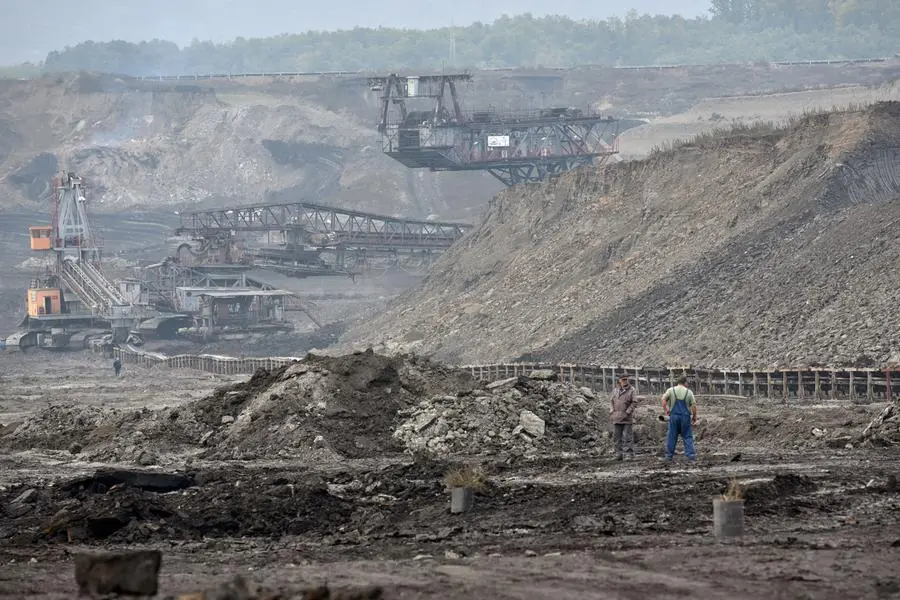PHOTO
Pristina - Kosovo's government has ordered power utility KEK to give tens of thousands of tonnes of coal to its workers to heat their homes as the country braces itself for more power cuts during winter months.
Some 3,600 workers will each get a truck of coal, around 10 tonnes, starting from this week.
In August Kosovo became the first country in Europe to introduce power cuts following insufficient domestic power production and government hesitation to buy expensive power in open market.
At the open lignite mine, few kilometres from the capital Pristina, KEK workers rushed to check if their names are on the list and when the coal will be delivered as the noise from huge machines extracting the coal drowns out their loud complaints about why the process was taking so much time.
"This is a just and smart decision because workers are tired of these staggering price increases," said Qamil Pllana, who arrived at the mine to see when the coal will reach his home.
The practice of donating coal existed until 2018 when it was halted to curb pollution. For many days the capital scored the highest numbers as the most polluted city in the world.
"Workers are working in this dust, extracting coal and they can not heat themselves with that coal? What happened until now it was discriminatory," said Nexhat Llumnica head of KEK's trade union, urging the government to continue the policy in the future.
Around 90 percent of country's domestic power production comes from coal fired units which were build in the 1960s, 70s and 80s.
The country is rich in lignite, a soft coal with a low energy content that creates toxic pollution when burnt. Official data show that Kosovo has the world's fifth largest lignite reserves at 12-14 billion tonnes.
But that coal has to remain in the ground as Kosovo has committed to end coal usage by 2050.
"We will face huge pollution in the next months, mainly in Pristina that will be covered in smog ... donating coal should had never happened," said environmentalist Besfort Kosova, of the Balkan Green Foundation.
The government has said power consumption may reach up to 1400 MW/h, but if all domestic plants work properly it can only produce 900 MW/h and the rest should be imported, mainly in the evening hours when people are at home using their heaters.
Kosovo has no access to gas and heating is mainly done with electricity.
The government has signalled that it prefers power cuts to spending huge amounts of money on imports.
(Reporting by Fatos Bytyci; editing by David Evans)





















